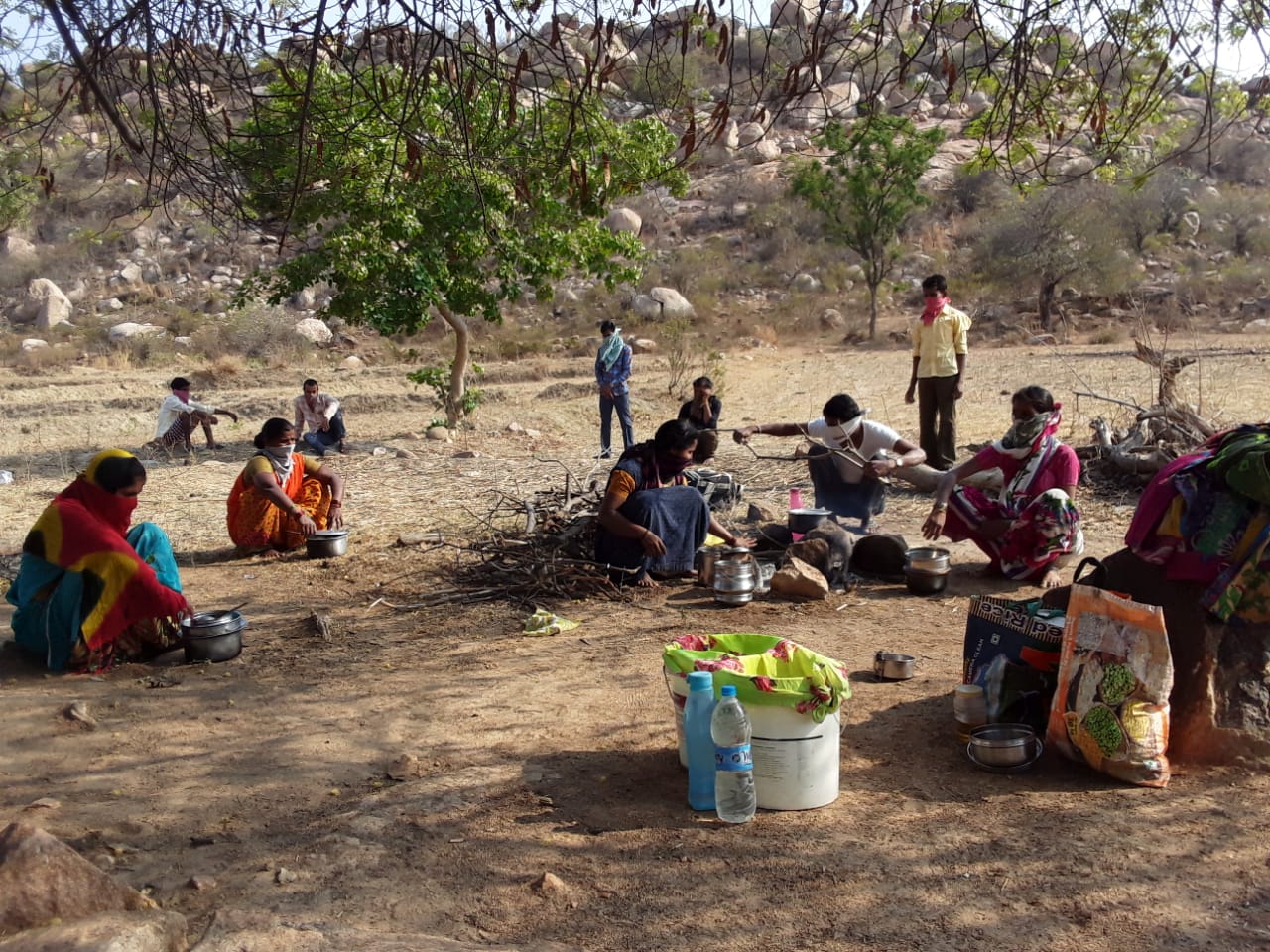67% migrant labourers still stranded in India, says SWAN report on migrant crisis amid COVID-19

TCN News
In its latest report on the migrant crisis in India, Stranded Workers Action Network (SWAN) said released its latest report on the migrant crisis detailing the conditions of stranded labourers in different parts of the country during the COVID-19 lockdown.
The report titled ‘To Leave or Not to Leave?’ discusses that during the lockdown, migrant workers have suffered throughout their journeys to their respective homes in the absence of comprehensive government measures or efficient transport systems.
On April 29 when the second phase of lockdown was drawing to a close, the Ministry of Home Affairs had issued its first travel order permitting movement of inter-state migrants. Inter-state buses were started on May 1 and soon after special trains (Shramik special) were being operated by the Ministry of Railways. Subsequently, MHA has issued at least eight different travel orders since then resulting in chaos, destruction, and deaths.
The report reveals that mismanagement of information from the government has affected migrant movement across, with 67% migrants still stuck in the same place since the lockdown announcement whereas 33% of who had left in desperation, were carrying less than Rs 100 in their pockets.
While the government has been lauding the Shramik trains in addressing the migrant crisis, SWAN report stated that 85% of those who have travelled have had to pay for it. 44% of them took buses and only 39% managed to get on a Shramik special. SWAN, that has been talking to migrants since the beginning, listed a number of frequent complaints received from those who accessed the government’s Shramik specials – employers and travel uncertainty, paying to fill travel forms, no prior information about trains, issues with regard to travel registration and shelters for migrants, poor facilities on trains especially access to food and water, no trains from smaller towns and between certain locations and dynamic pricing of IRCTC tickets coupled with non-availability of Shramik trains.
SWAN has interacted with about 34,000 workers across the country and came to know that 11% of migrant labourers had taken trucks, lorries and other such modes of transport due to overcrowded trains. Those left with no cash or work, 6% of them, made a perilous journey on foot to states like Madhya Pradesh, Jharkhand, West Bengal, Odisha, Haryana, Rajasthan, Karnataka and Uttar Pradesh. While the government-mandated Aarogya Setu app, the report reveals that no health screening processes were done for the people who returned home in trains. Also, the government announced meals and essentials distribution for the labourers from time to time but on talking to migrants travelling through roadways and highways, SWAN found that 80% of them still do not have access to government rations.
Based on an Interactive Voice Response (IVR) survey with 1963 workers, SWAN has further received new data and collated it to reveal the current employment status of migrant workers. Accordingly, 80% have taken loans during the lockdown out of who 75% are without work. For this, it has set up zonal helplines to connect workers to organizations and government for rations. Since many workers have been in dire need of cash for basic essentials, SWAN has arranged financial support from individuals who have directly transferred money to the workers’ accounts and by now it has transferred more than Rs 50 lakhs directly to the workers’ accounts. It is also supplying them with essentials, transport, donations and other necessities.
